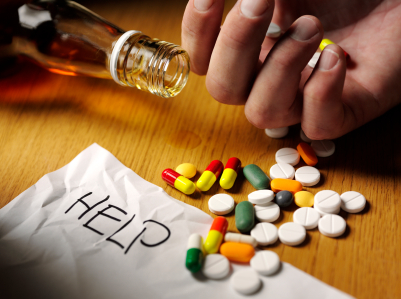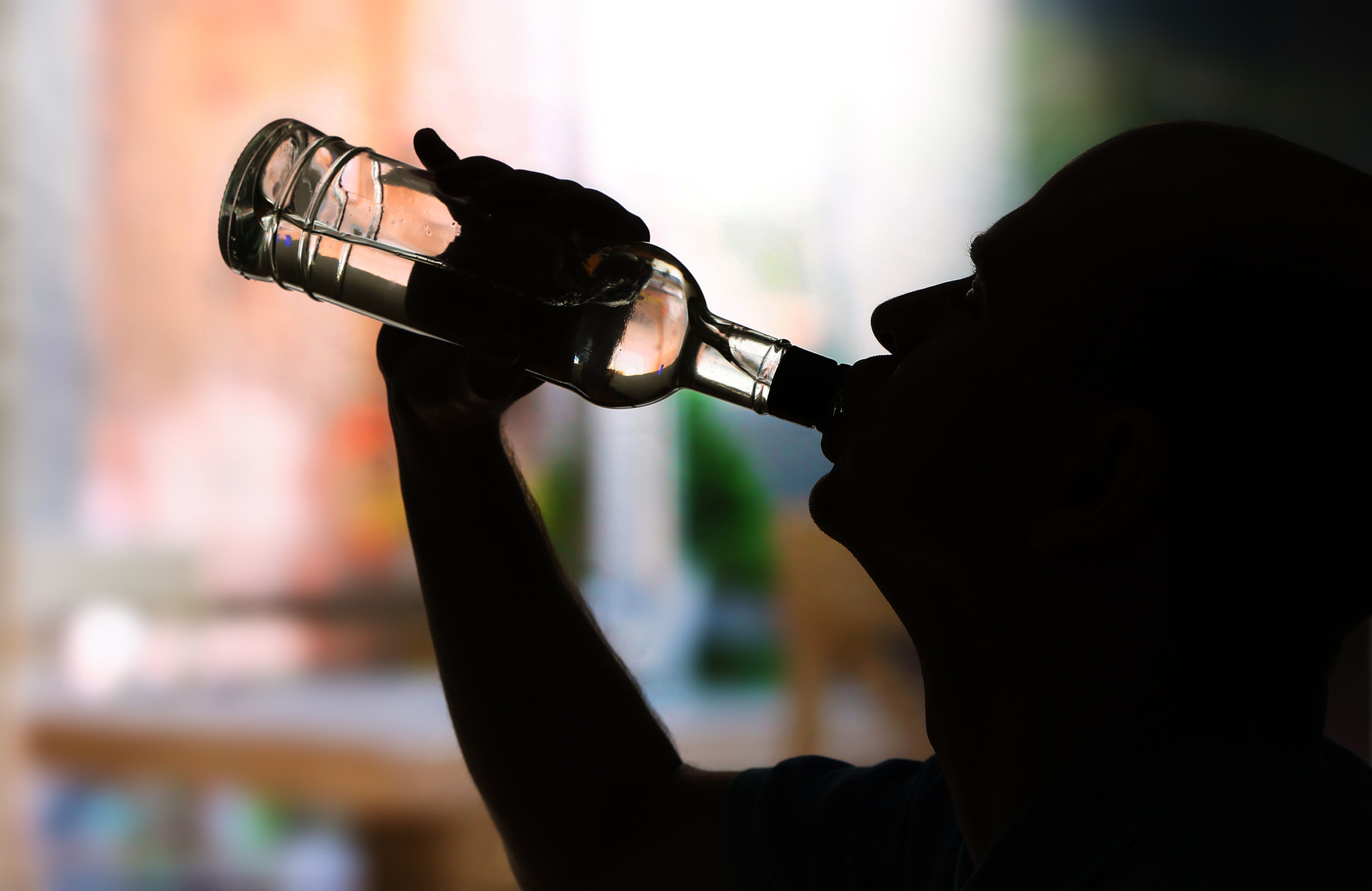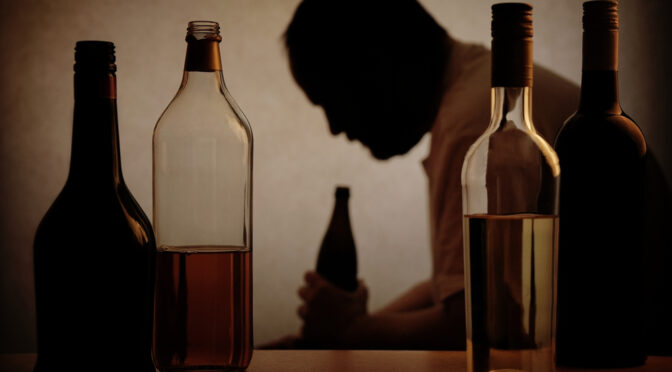The National Institute on Drug Abuse (NIDA) argues that addiction is “a brain disease because drugs change the brain…These brain changes can be long lasting and can lead to many harmful, often self-destructive, behaviors.” However, this is just one point of view in an ongoing argument between scientists who seem confused about what addiction actually is.
Dr. Marc Lewis, in his recent book The Biology of Desire: Why Addiction is Not a Disease weighs in on this argument from a unique perspective. Lewis is a former opiate addict turned neuroscientist and acclaimed author, a perspective he has already outline in his Memoirs of an Addicted Brain.
Lewis sees addiction differently than the NIDA stance, saying that to call addiction a disease is not a remarkable observation, as the argument is hinged on the fact that the brain changes in an addict.
He writes: “neuroscientists who study addiction seem to have missed the point. They put people through a number of brain scans, and when they notice changes after someone has taken a lot of cocaine or drunk a lot of booze they say, ‘Look! The brain has changed!’”
Lewis agrees that addiction changes the brain, but argues that the brain also changes during any period of intensive learning, so it cannot be argued that this alone can be regarded as a sign that the brain is diseased.
Secondly, it seems as if the observation of brain images of addicts can be interpreted differently from scientist to scientist. “The point at which we call something a disease, where we draw this line in the sand, is arbitrary,” Lewis told Zachary Siegel of The Daily Beast. “It depends a whole lot on societal values and morals, rather than on any kind of logical, scientific or other rational criteria,”
What sets Lewis apart from other neuroscientists studying addiction is his experience. He shows an intimate understanding of the individual’s interaction with drugs. While other scientists see the subjective experience as irrelevant, Lewis uses this side of it to fill some gaps between the Ivory Tower of scientific inquiry and the real lives of people.
Lewis does agree that drug abuse has effects on the brain, however his point of view departs from ones such as that held by the NIDA in that the changes in the brain are not irreversible. His argument on this point hinges on the concept of neuroplasticity – that the brain adapts to new behaviors by forming new neural networks.
“The idea that brain configurations are hardened and sealed is just ridiculous
” says Lewis. “It makes no sense in the current scientific environment.”Further, Lewis argues that the classification of addiction as an incurable disease is harmful to addicts. “The disease label often leads to a sense of fatalism: ‘I’ve got a disease, what can I do? I need to go get help and if I can’t get better it’s because I have a disease,’” he told Siegel.
Rather, he feels that empowerment and self-discipline is more of a key in those fighting addiction. This, of course, flies in the face of the 12-step program paradigm utilized in about
90% of addiction treatment facilities, in which the first step of a recovering addict is admitting powerlessness.

In fact, the framing of addiction, according to Lewis, is fundamentally flawed, down to the word ‘recovery,’ which he believes is bad to use due to the term’s association with the rehabbing of medical illness. “Why should we call it ‘recovery’ if it’s the beginning of something new?” he says.
Dr. Lewis asks his reader to consider how addiction is currently treated: “The most effective tools target cognitive and motivational processes such as self-determination, insight, willpower, and self-forgiveness. There is no disease that can be arrested by tapping such processes.” While disease is treated with surgery, medication, and doctor intervention, that is not how we treat addiction. It is, rather, a uniquely human dilemma which only human will can overcome.
Lewis’ overall view is that addiction is simply a habit. Granted, it is a very powerful, destructive habit that is extremely difficult to break. However, he argues, it is one that people can overcome and come out a stronger person on the other side.




